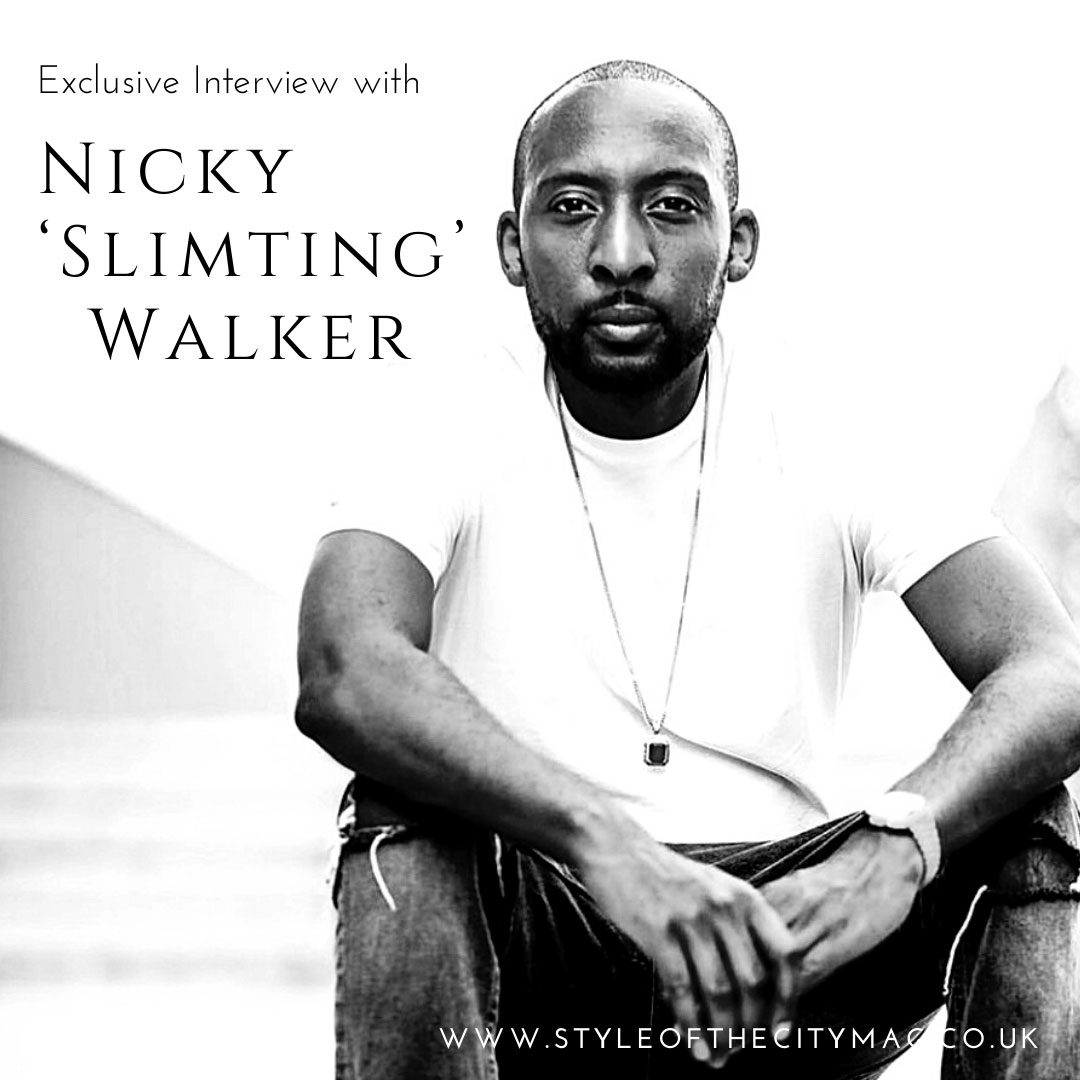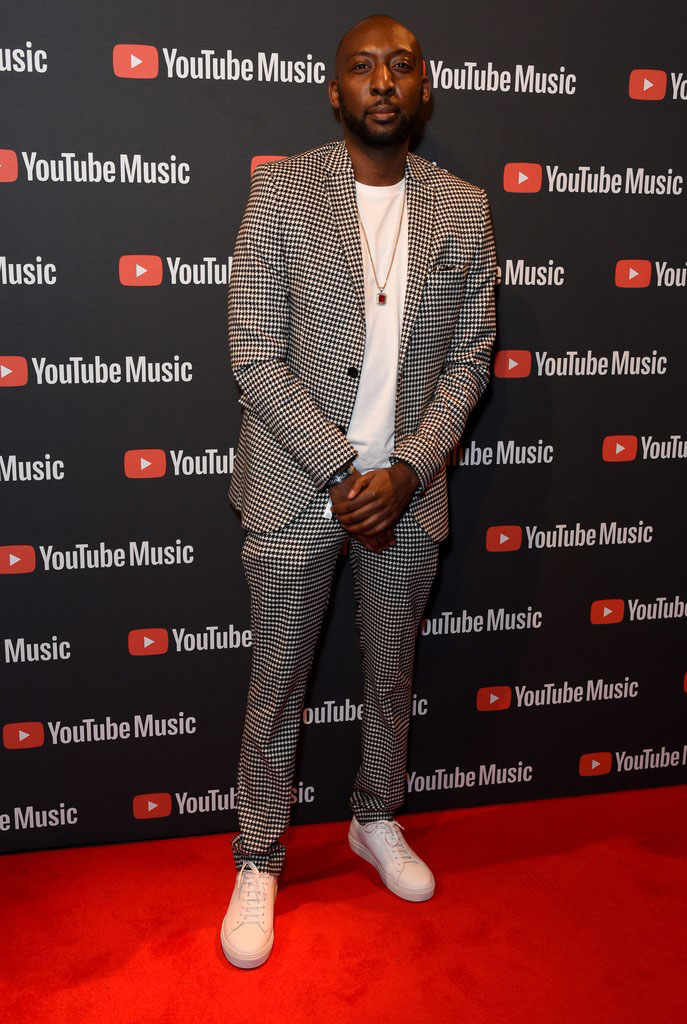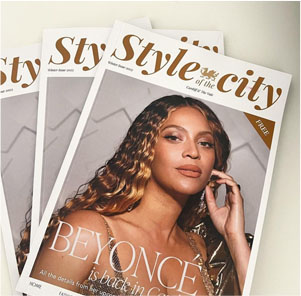In the first of our Masterclass Interview Series, we speak exclusively to Nicky ‘Slimting’ Walker, creator of The Intent (2016), The Intent 2: The Come Up (2018) and Against All Odds (2020).
Nicky ‘Slimting’ Walker is a true pioneer, hailing from Leyton East London his name is synonymous with the urban music scene. One of the earliest influencers of the UK grime and rap scene, Nicky’s prominence and popularity grew as did his events. ‘Slimting’ as he was known evolved from solely DJ’ing to selling out venues. Still, as a teenager, his creative entrepreneurial skills giving him that extra edge to succeed.
Creator of one of the biggest urban films The Intent and The Intent 2, Nicky’s mark on the culture is fully sealed. His influence as inspiring as the man himself. That monumentous level of growth from DJ’ing to standing on the red carpet, Leicester Square at his own film premiere is awe-inspiring.
Like many successful entrepreneurs, nothing came without its hurdles. After his first film ‘It’s A Lot’ came out, Nicky and co-creator Femi Oyeniran conceptualised their own blue- print, bringing together well known urban British music artists to participate in their next feature films, a move that catapulted them both to mainstream success with their films The Intent and The Intent 2.
Here Nicky shares his story and advice for those wanting to break out and achieve their own success.
When did you first realise that you wanted to get into the entertainment industry?
From a young age, I always wanted to be in the entertainment industry. I went to a theatre school called Sylvia Young, part-time, at the weekend. So, every weekend whilst everybody was off playing out with their friends, I was doing dance, tap, singing and drama. I had to go on the weekends as we couldn’t afford to go to the private school in the week. My mum signed me up and then she used to take me there every Saturday morning. I would be there for the whole day just doing lesson after lesson.
However, as I got older, I started bunking and not going to my classes, because as a teenager I wanted to spend time with my friends on the weekend. I look back now and think I was so silly; I just sort of fell out of love with it because I wanted to do what everybody else was doing, but my passion for music kind of grew from there.
I became a DJ, popular in my local area, and put-on parties and under 18 events and that kind of took off for me. I pursued that for many years, but it got kind of crazy with police locking off events and shutting them down, so there was no stability in that industry.
How did you get into the film industry?
I remember going to the cinema and watching ‘Kidulthood’ which had come out and thought ‘wow this is sick, this is amazing, I love this film’. It reminded me of my youth, and I was like you know what I want to get involved in this, I want to make films and go back to the whole drama industry.
I was working at a record label in West London and I was trying to convince the owner of the record label to invest in making a short film. A mutual friend of mine knew Femi Oyeniran, who was in ‘Kidulthood’ and said we should connect us. Femi came down to the studio and from there we instantly connected. I told him about all the ideas I had and films that I wanted to make, and I pitched them to him. We met up a few times and then I didn’t hear from him for about another year because he was on set to shoot ‘Anuvahood’. After that, he reached out to me on Facebook and we met up again and decided to make our first film together, ‘It’s a Lot’.
I learned the whole film business from shadowing him and for a year and a half we ran around central London trying to get investors. We eventually made the film, and it came out and it got a good reaction, but it wasn’t the big breakthrough we thought it was going to be.
I ended up getting it on Netflix, but Netflix was new, and nobody even really knew what Netflix was at this time. It’s so weird because when you make a film you always instantly think I’m going to be a multi-millionaire, but that’s just so not it, it doesn’t work like that. So, the film came out and then it was a kind of a kick in the face as nothing happened afterwards, know one was knocking at the door, no opportunities came, so we were back at square one.
The real reward from that experience was learning the film business, teaching myself how to make a film, how to be a producer, how to be a director, how to be a writer and how to work with a team of 30 to 40 people. At that time, I was in training, not really knowing what I was doing because I was new to it, but it was a great learning curve for the future.
How do you think the British film industry/ Urban film industry, at this point, differentiates from the US?
We’re playing catch up, we’re like 15 – 20 years behind compared to America. They’ve been making black films since the 90s and in the 2000s the UK was nowhere near them. Obviously, they’re a much bigger country, their population has a higher black audience and there’s just more money and demand for it. I think for black British actors breaking America it is amazing, but black actors have had to go to America to make it big there first and then the UK just kind of accepts them and then gives them opportunities here.
We talk about diversity a lot but there’s not so much diversity when you switch on the TV. In the last year and a half, it has gotten better. You see more adverts, you see more black mixed-race and Asian people in them and they’re trying to put more families, black families, in soaps. But, if you look back to when you watched EastEnders or Coronation Street, these soaps that have been around for over 50 years, there’s always only that one black family or there’s one Asian family.
Mainstream channels are so far behind and are so removed from what’s really happening in culture and what’s happening now. I find that they need to employ new diverse people that can give new writers and producers current content. Things are changing and progression is happening, but I feel like they need to give more opportunities. It’s not just a black thing, the industry needs to give everybody the same opportunity, the same equal opportunity. It’s not about the colour of your skin, just if you’re good for the job and can tell different stories to educate the audience.
My thing for 2021 is about telling more stories, love stories and adventure stories. I want to make a black children’s film, as there’s never been a Goonies with a diverse cast. I want to also do love stories, as there’s so much love in the black community, but we don’t see that. Obviously, I’ve made gangster films in the past, but that’s not the only story I want to tell.
Do you think you would have had the confidence to go into the entertainment industry if you had not gone down the theatre school route or didn’t have that support from a young age?
I really owe it to my mum. My mum pushed me, she woke up every Saturday and would take me to the drama school. I come from a good home; I’m not going to be one of those people who are like so yeah, I’m from the streets, I had a really hard upbringing. My parents made sure they supported my dreams . My mum comes from Jamaica, she worked hard to make sure that my brothers and I had a roof over our heads, had clothes on our back and food in our mouth. Your environment doesn’t need to predict your future where you were born into, you don’t have to be confined to that. Just because I lived on a Council Estate in East London at a time doesn’t mean that I can’t be going somewhere in Marylebone to better my life and chase my dreams.
When I went to Sylvia Young, I was training myself to be more of a confident person and to be ready to go out into today’s world. I would go into my class and be lucky if there were two black people in a class full of 30 other white children. So, it built me up to be more confident in a room that I may not have been so confident in before it took me out of my environment that I was use to and placed me in a new one; it gave me more experience dealing with other cultures.
This foundation made me a visionary and made me dream big. It made me feel that anything was possible when I was able to get integrated into these other little acting programmes as an extra or given small talking roles. For me, that was a massive achievement.
Where I came from it was a big thing to get an acting role and it made me feel special and made me feel that I had accomplished something and that my hard work had paid off. That kind of instilled into me hard work. I sacrificed my weekends when I was younger to go and do drama and learn a skill and nurture my talent when other kids were playing out and having fun. So, it shows that when you are actually trying to achieve your goals and your dreams, there’s a lot of sacrifice, which people don’t often talk about.
If you want to achieve and be really successful in something, then there’s going to be a lot of sacrifices. That means that you may not be able to go to the concert you wanted to go to because you have an audition the next day, or you may not be able to go to a party because you have to study. You’ve got to think how much do you really want it? Because I’ve heard more no’s than I’ve heard yes’.
In Intent and Intent 2, in particular, there’s this consensus of betrayal. Does this have any correlation to your personal life?
People disappoint you. You’re always going to have people who may not believe in you. I have tried to keep my circle kind of close and I don’t try to have too many new friends. I try to not talk too much about my dreams, what I believe in and what I want to achieve because everybody else might not want that for me.
Sometimes I find that people who come from the same place as you find it hard to come to terms with how you were able to make a film, or how you gained success. People find it difficult when they’ve grown up with you, or they know you, or they’ve seen how you’ve changed, how you’ve accomplished certain goals. I feel sometimes people find it hard to come to terms with that. You want to be around people who inspire you, who have the same kind of mindset. You have to grow as a person, and you have to surround yourself with the people that are going to help you grow.
How did the events of 2020 personally affect you?
2020 was a difficult year, but it was also a great year for Femi and I. We shot ‘Against All Odds’ and everything else in 2019 to release in 2020; so, when 2020 came and the pandemic happened, I was kind of prepared. Obviously, it affected the campaign because we were going to do loads of outdoor activities, a premier and release the film in the cinema, which unfortunately we still haven’t been able to do. But we give thanks everyday we are healthy and still able to produce content.
How did the death of George Floyd and the sea of change that followed impact you?
Being a black man myself and watching that was devastating. Growing up we never felt confident in the presence of police, we’re always seen as the predator and the enemy. His death was very difficult and hard to watch, but it was great to see how the world came together, to see everybody standing up to racism together and coming together taking action. This has been going on for so many years, people of colour being treated unjust and treated differently; because of the colour of our skin.
George floyd name will forever be remembered because of what happened it will never be forgotten. I think there’s so much more to do as a nation but every day we fight, hoping things will get better and change . It’s made me want to do better in filmmaking, telling better stories, make more opportunities for people, help younger actors and make my people feel proud of me. I want to leave a legacy; I want to open up a film and drama school, to teach skills to other young people that I’ve learned on my journey and help them, so their journey is not as difficult as mine.
From a career standpoint, who’s been your biggest influence?
People like Damon Dash, Master P, Jay-Z, and P Diddy have influenced me. Because for me, born in Britain and being British, we didn’t really have black heroes unless they were boxers or footballers like Ian Wright. So, we kind of looked towards the Americans. For me, those people like Damon Dash and Master P were all self-made and from the streets, who built businesses. But what I loved about those businesses is that they built an empire with friends; it wasn’t just them.
If you look at Rockefeller Records it was like Jay-Z, Dame Dash and Biggs there were three of them a team who made so many young black men millionaires. Jay-Z always says in his lyrics about how many millionaires he produced. That’s what I would love to do, I want to make myself and the people I have around me millionaires entrepreneurs , to give as many people from the community opportunities. This business is about breaking through new talent and giving people the opportunity to be successful and grow.
What would you say to a young Nicky Slimting?
I would say never give up, follow your dreams and be patient, learn your craft as nothing happens overnight. I feel like I’ve been in the industry 18 years and I would only say now I’m starting to get recognised. Never give up and just to keep going!
More from Nicky Slimting Walker @nickyslimting









